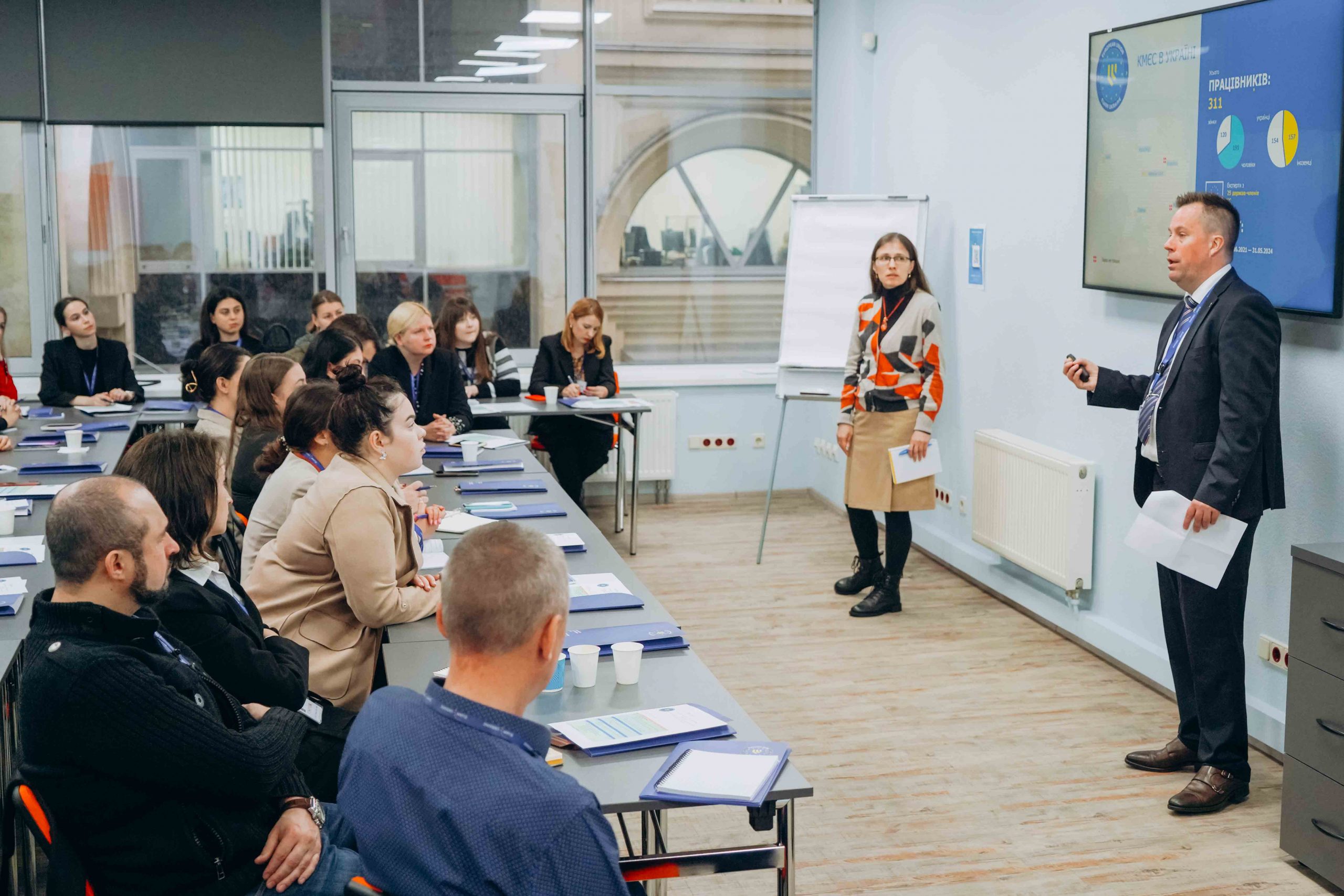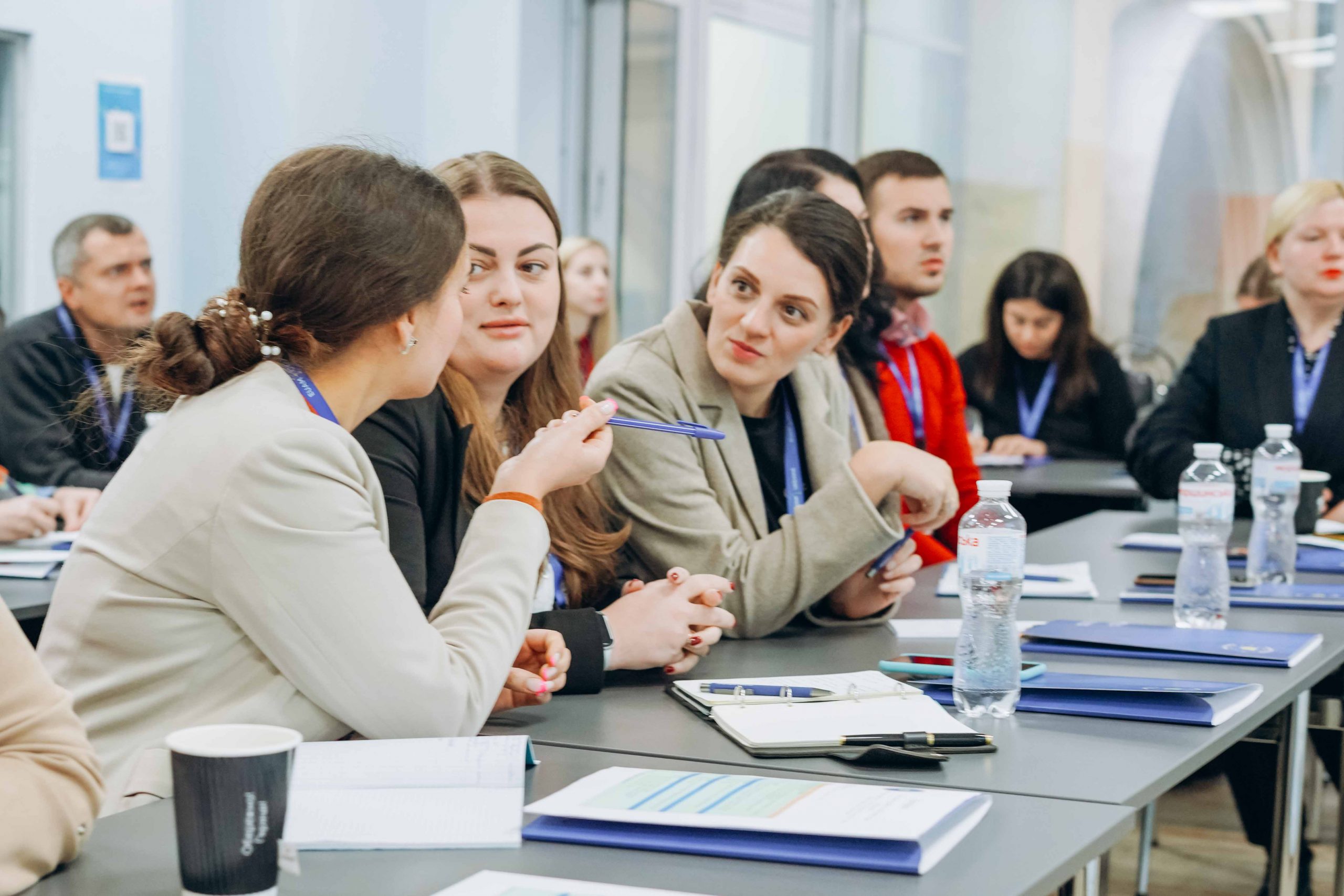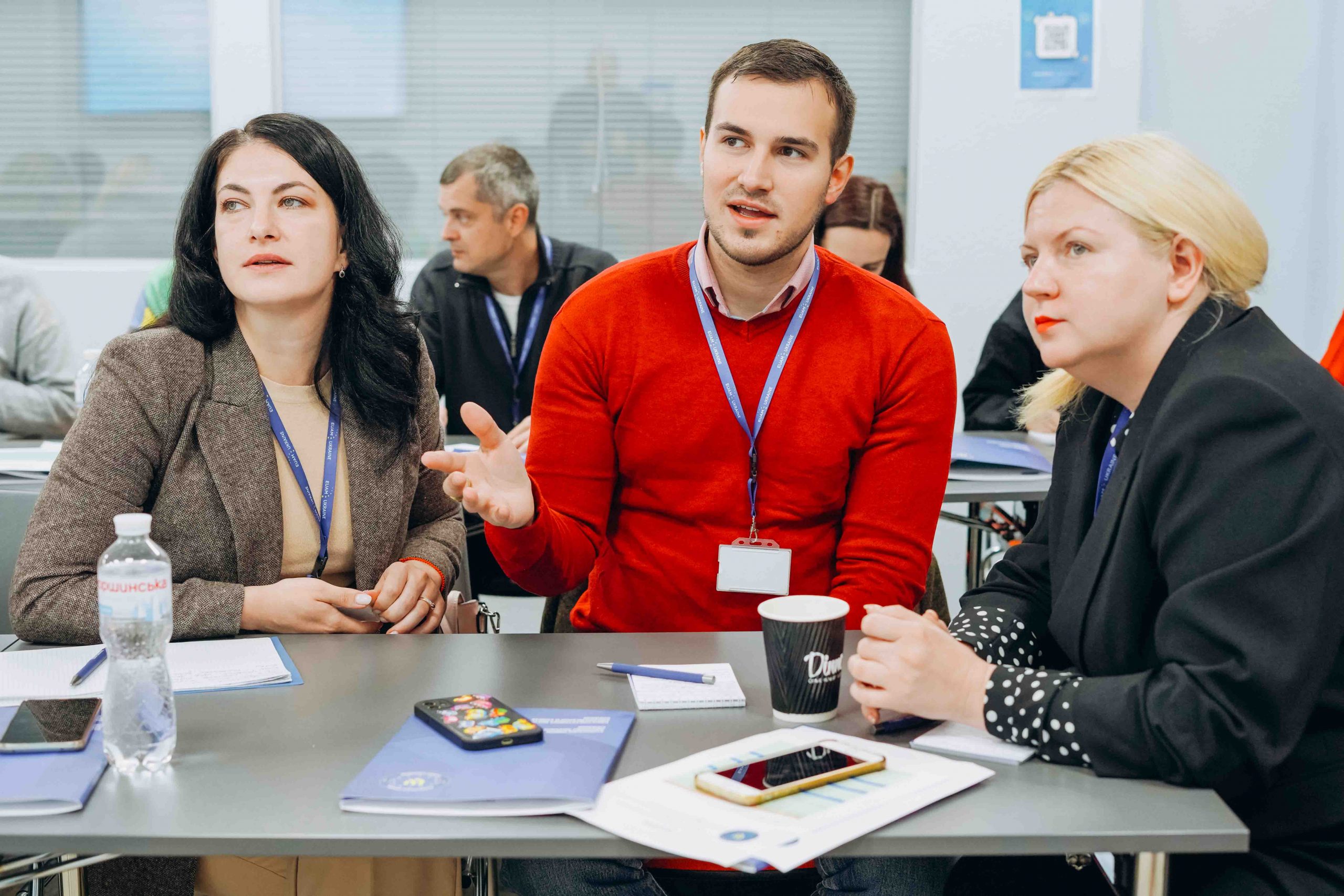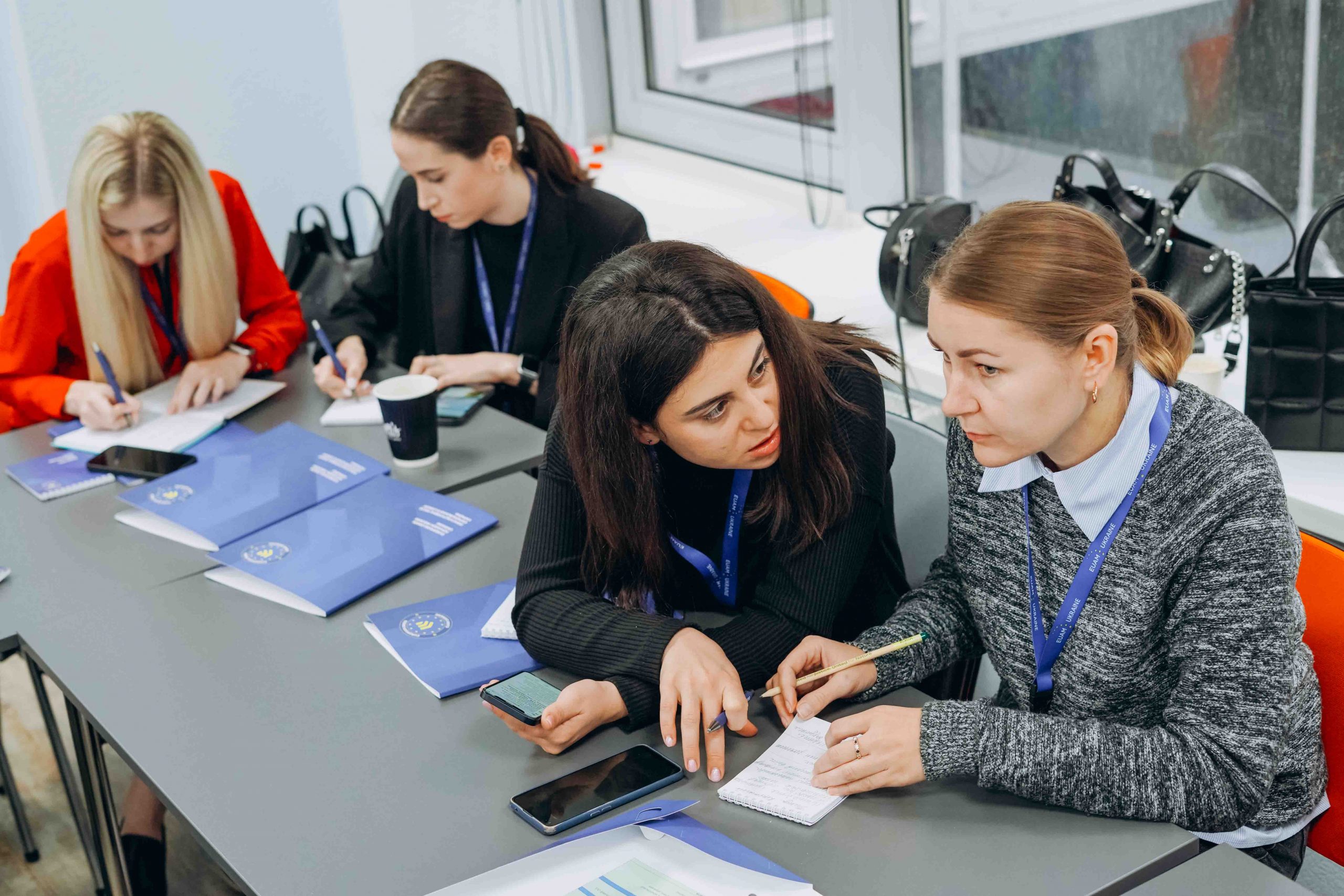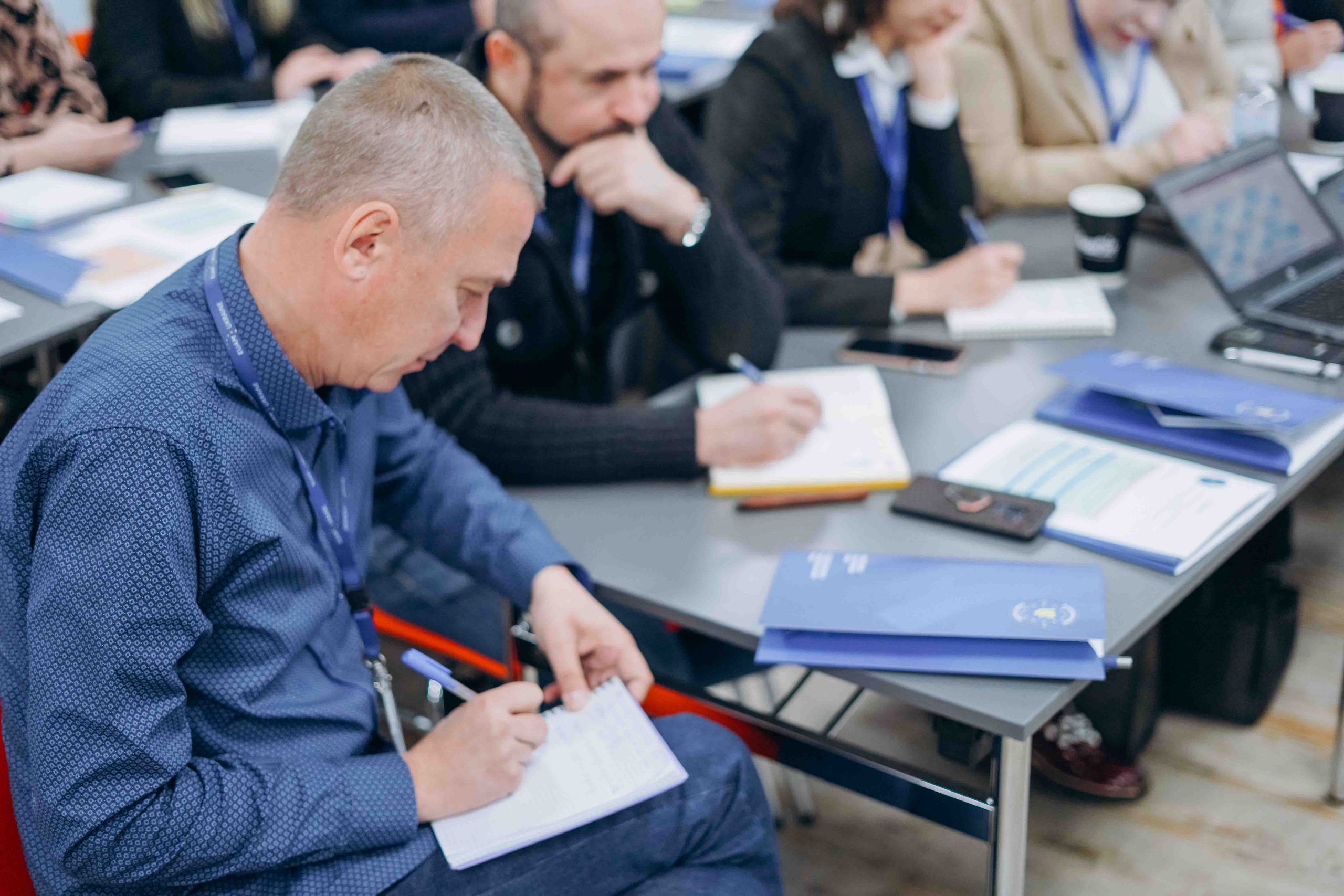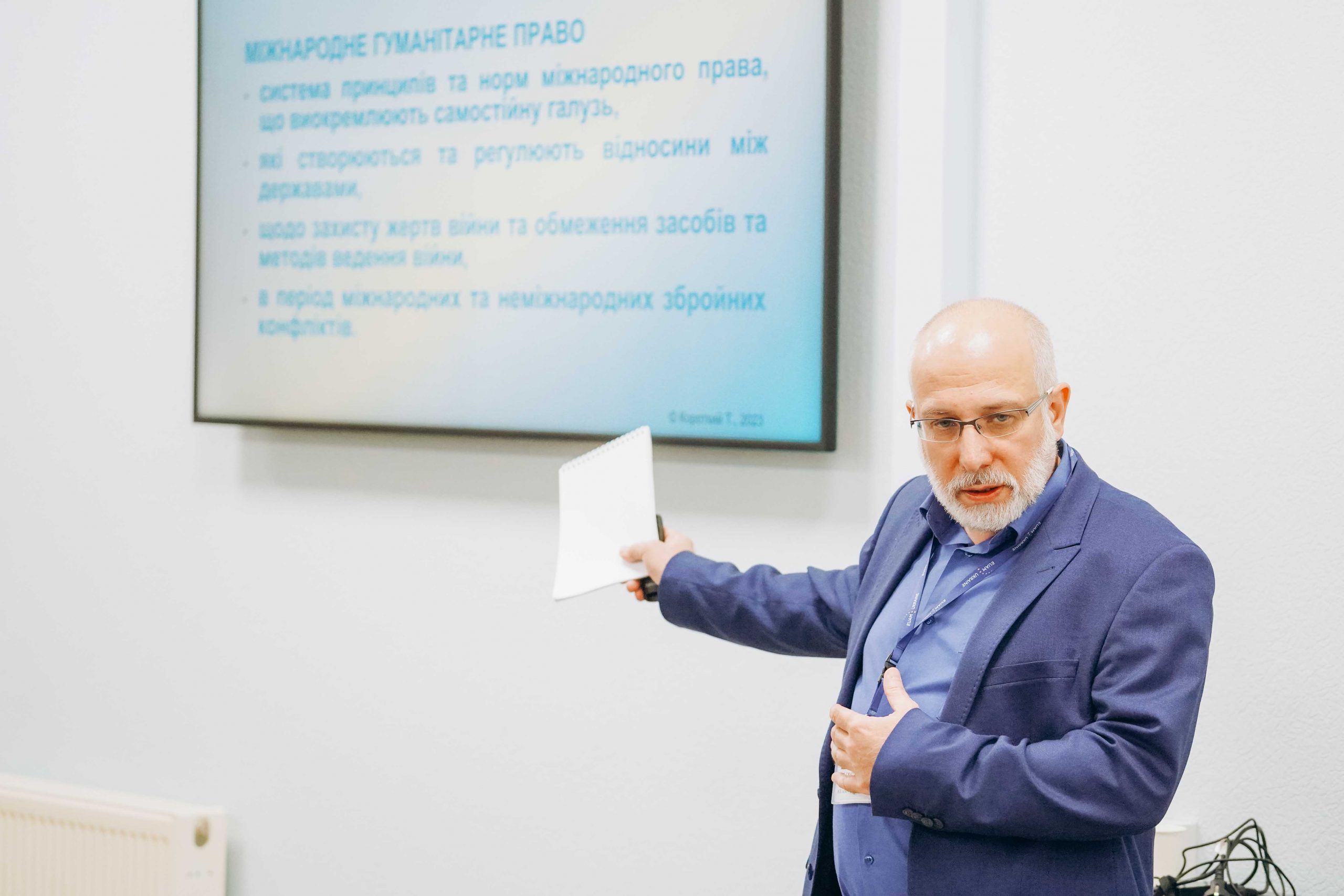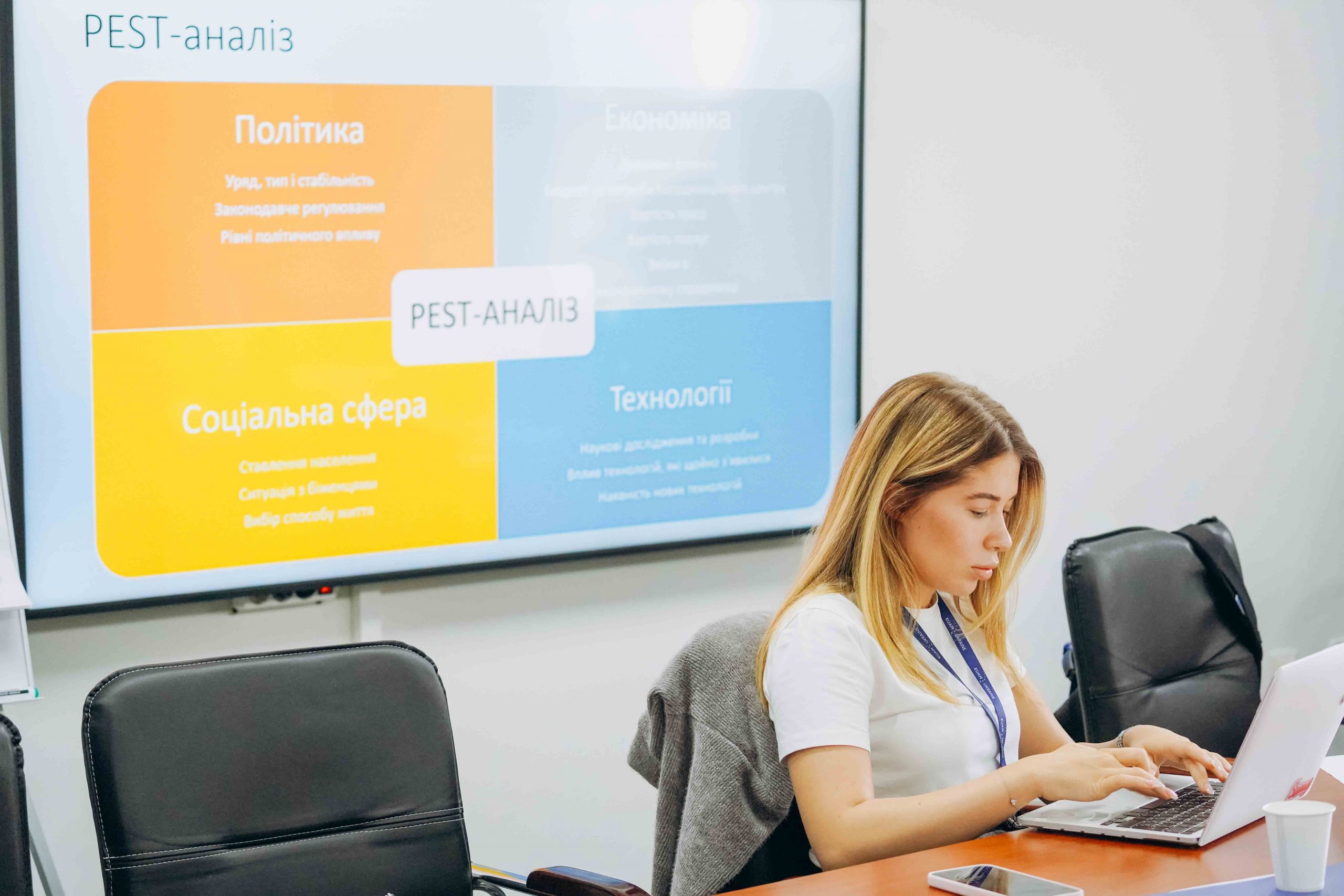Focus on the Victims’ Rights
November 02, 2023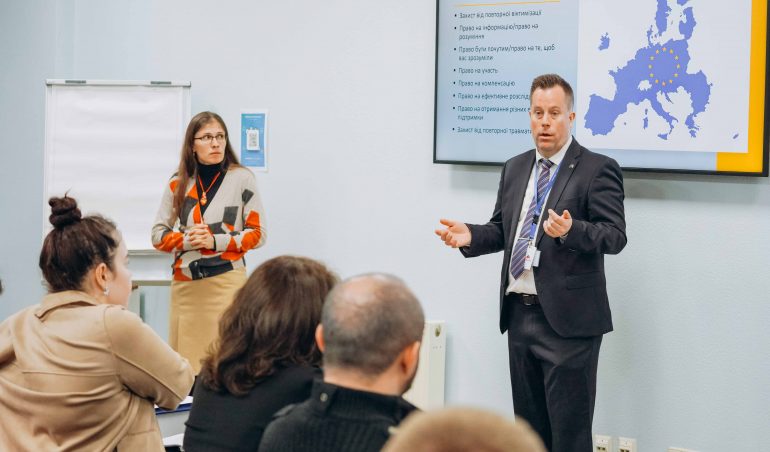
The Coordination Center for the Support of Victims and Witnesses is a recently established specialised unit within the Office of the Prosecutor General. It was founded in April 2023, with the guidance of international donors, including EUAM Ukraine.
Having successfully completed the staff recruitment process, the centre is currently in the process of enhancing its capabilities to provide effective support and collaboration with various stakeholders. The primary objective is to advocate for the rights of victims of war crimes.
In response to a request from the Center, the Mission recently conducted a full-day training followed by a strategic planning session. The training emphasised the importance of understanding international legal standards regarding victims’ rights. Meanwhile, the strategic planning session allowed the centre to thoroughly assess its strengths, weaknesses, opportunities, and threats, enabling it to chart a clear path for its ongoing development and full operational readiness.
Veronika Plotnikova, the Head of the Coordination Centre for the Support of Victims and Witnesses of War and Other International Crimes at the Office of the Prosecutor General, and Ola Quarnstrom, EUAM Senior Adviser on Victims’ Rights, give insights into the training and strategic session.
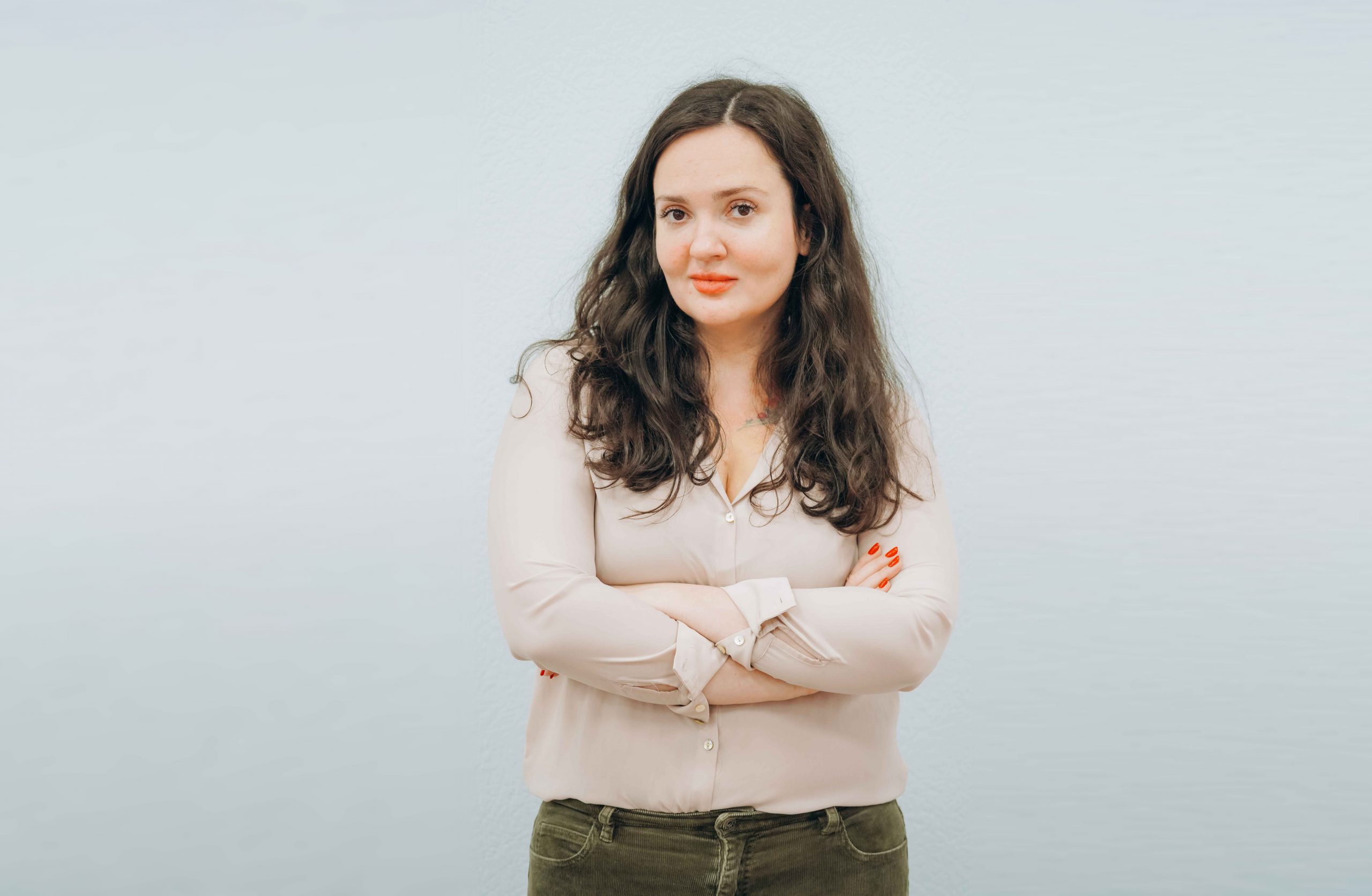
EUAM: Dear Veronika, how do you assess the value of such training for the coordinators of the Centre?
Veronika Plotnikova: The activities of the Centre’s coordinators are geared towards comprehensive support for victims and witnesses of war crimes. The coordinators need to be aware of the international mechanisms available in this field, the standards set for the Centre’s operations, and what victims can expect today and in the long term.
We are grateful for the support of the EU Advisory Mission, which conducted a comprehensive training program to enhance the institutional capacity of the Centre. Our participants acquired the necessary knowledge of international law, international humanitarian law, international criminal law, the standards of the International Criminal Court, as well as the practices of the European Court of Human Rights concerning the rights of victims and witnesses of war crimes.
EUAM: Does the Centre’s work also involve working with witnesses and victims of violence other than war crimes?
Veronika Plotnikova: Investigating war crimes is currently a priority for the prosecution authorities. In our long-term strategic vision, we anticipate expanding our mandate to include working with victims of all forms of violence, such as domestic violence, gender-based violence, abuse of power, and other forms of misconduct within the law enforcement and penitentiary systems. In other words, all areas where individuals encounter unlawful violence.
EUAM: Has the Centre’s staff been already fully recruited?
Veronika Plotnikova: At this time, we have completed the competitive selection process, which also involved the participation of our international partners. The staff structure of the Centre comprises 36 individuals, and it is nearly fully staffed.
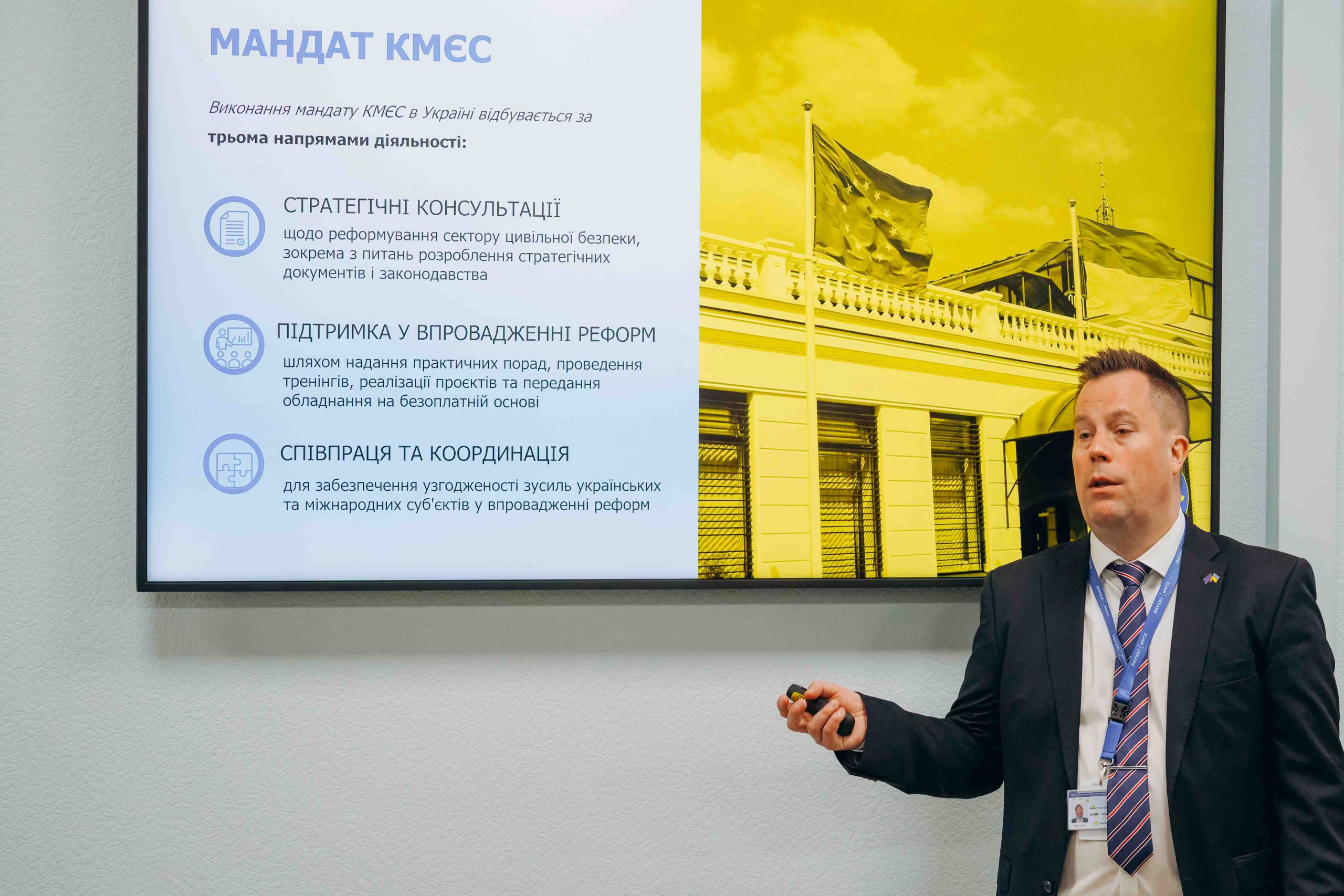
EUAM: Dear Ola, what is the purpose of organising this training session?
Ola Quarnstrom: The Victims and Witnesses Coordination Centre of the Office of the Prosecutor General was recently established. They contacted us for assistance in providing introductory training on victims’ rights. Our aim is to equip the participants with a solid foundation of knowledge concerning international standards pertaining to victims’ rights.
In addition to the training, we’ve also facilitated a strategic session for the newly established Centre to help them develop a clear vision for achieving their goals.
EUAM: What are the primary goals of the centre?
Ola Quarnstrom: The primary goal of this Centre is to coordinate with various authorities to ensure that victims’ rights are protected and respected.
EUAM: Did our partners proactively seek out this training, or was it a suggestion from our end?
Ola Quarnstrom: The request for this training and the strategic session came directly from the Victim and Witness Coordination Centre. We are committed to ongoing collaboration with them to meet their future capacity-building needs.
Our continued support will depend on the evolving needs of our counterparts. We are fully prepared to organise additional capacity-building events for the coordination Centre as required.


